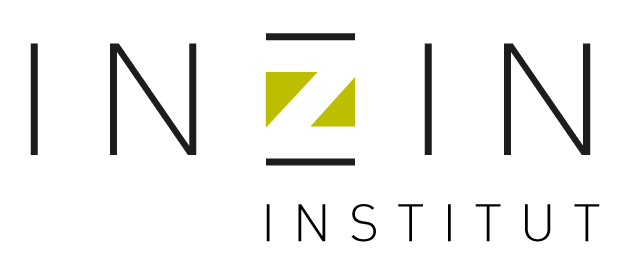Sustainability Forum at EMO Hannover 2023
At EMO Hannover 2023, the INZIN Institute will present three events featuring lectures and panel discussions as part of the Sustainability Forum.
20 September 2023
2:00 p.m. – 4:30 p.m.: Climate-neutral production
Climate awareness, crisis resilience, customer requirements and legislation are among the key factors driving industry to reduce its energy consumption in production and become carbon neutral. This requires transparency not only about the consumption values of its own production facilities, but also about those process steps that go beyond the boundaries of the company. The panel will discuss how industry can actively shape the transformation towards climate-neutral production through the use of new technologies and on the basis of secure data structures.
With presentations by Dr Tobias Heinen (GREAN GmbH), Dr Alexander Witthohn (Hanover Chamber of Industry and Commerce), Prof. Dr Holger Brüggemann (Ostfalia University of Applied Sciences) and Petru-Cătălin Scafaru (Schaeffler AG).
21 September 2023
10:00 a.m. – 12:30 p.m.: Status and prospects of e-mobility
The Climate Protection Act stipulates that Germany should become greenhouse gas neutral by 2045. In addition to sectors such as energy and industry, the permissible annual CO2 emission levels for the transport sector will also be reduced.
The mobility of the future will require application-specific solutions that rely on energy from renewable sources. Experts will discuss what the future of mobility might look like and what challenges need to be overcome to achieve sector-specific climate targets during the panel discussion.
With presentations by Martin Duddek (Lower Saxony State Authority for Road Construction and Transport), Prof. Dr. Lars-Oliver Gusig (Hanover University of Applied Sciences), Dr. Sören Christian Trümper (ADAC e.V.) and Florian Brandau (ENGINIUS GmbH).
1:00 p.m. – 3:30 p.m.: Circular business models
The potential benefits for the manufacturing industry resulting from the transition from a linear to a circular economy range from environmental advantages to cost savings. In order to exploit these and other potential benefits, various circular economy concepts must be applied throughout the entire life cycle of a product.
How the interaction between production, distribution, consumption and recycling can be improved will be discussed in a panel discussion involving representatives from politics, business and science, who will pool their knowledge and practical experience of circular business models.
With presentations by Jens Loschwitz (Federal Association of the German Waste Management, Water and Recycling Industry), Cornelius Laaser (Ministry for the Environment, Nature Conservation and Transport of North Rhine-Westphalia), Wei Min Wang (VDI Centre for Resource Efficiency), Markus Kühlert (Wuppertal Institute) and Klaus Hieronymi (Circular Economy Research GmbH).
Venue: EMO Hannover, Hall 16, Stand No. F11, New Technology Forum
